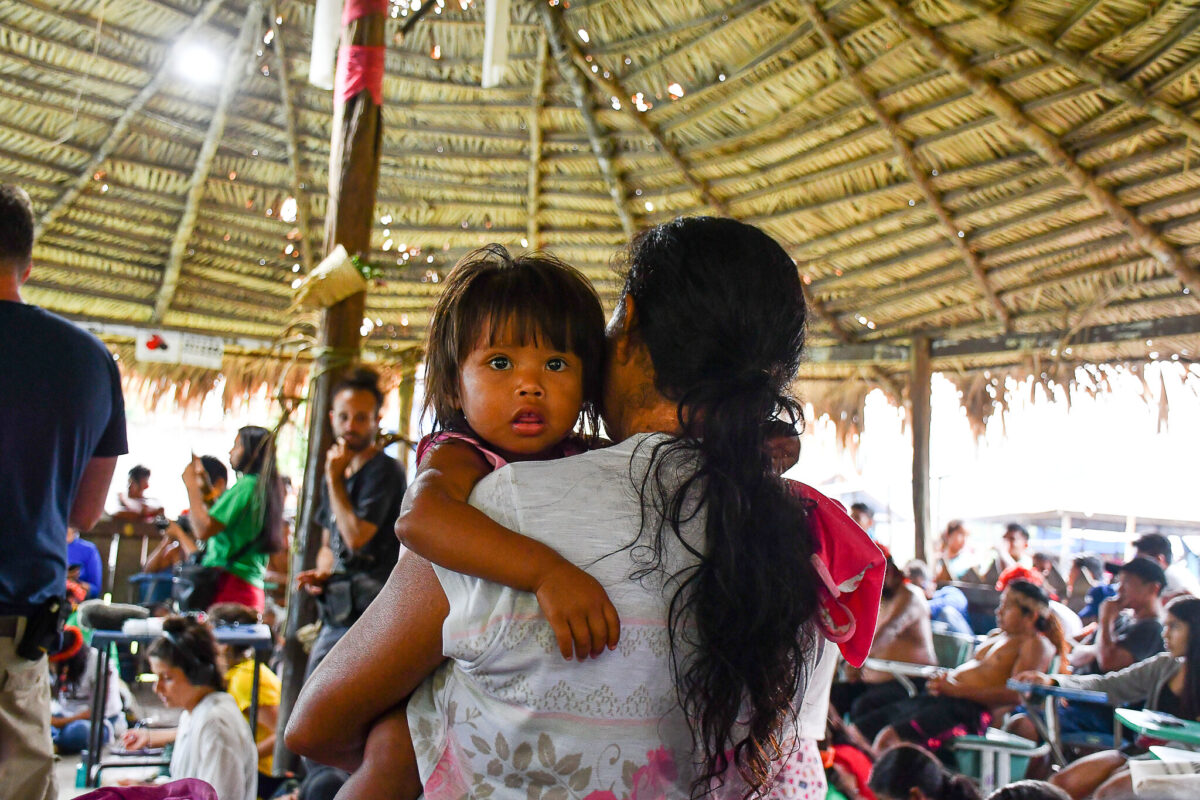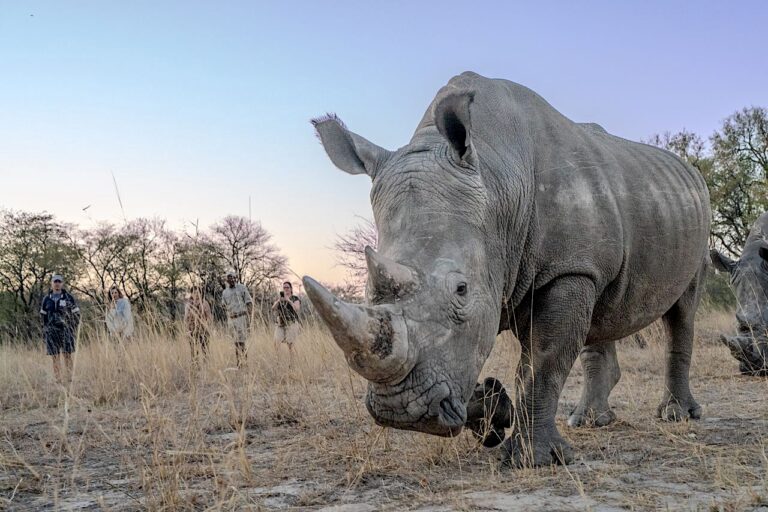For decades, the case for saving tropical forests has been cast in terms of carbon. Trees sequester vast quantities of it; razing them pumps more into the air. But new research reminds us that the destruction of rainforests has consequences that arrive long before the carbon accounting is tallied: It makes people hotter, sometimes lethally so.
A study published in Nature Climate Change estimates that deforestation across the tropics exposes more than 300 million people to higher local temperatures and is linked to 28,000 heat-related deaths each year. Using satellite data between 2001 and 2020, the researchers mapped forest loss across Latin America, Africa and Southeast Asia and compared this with land-surface warming and mortality records. In places where trees were felled, more than a third of all heat-related deaths could be traced back to deforestation.
The finding gives scientific ballast to what farmers in Brazil and villagers in Borneo have long observed.
“The common answer was that deforestation makes their world so much hotter,” Erik Meijaard, who interviewed thousands of people on the island in 2008, told Mongabay in 2019.
In Borneo, studies show that cleared land is on average 1.7° Celsius (3° Fahrenheit) warmer than intact forest, with oil palm plantations registering extremes of 2.8-6.5°C (5-11.7°F).
“Sit under a forest or in a big clearing on a sunny day and you will feel the difference. Forests are cool and clearings are hot,” said Douglas Sheil, a professor at Wageningen University and Research.
The science is straightforward. Trees provide shade, release water vapor and seed clouds that reflect sunlight. Remove them and the ground bakes, rain clouds thin and the risk of fire rises. Across the tropics, that heat falls most heavily on those least able to escape it. Rural communities often lack health care, reliable electricity or air-conditioning. Many work outdoors in fields or forests that have been stripped of their natural cover.
The new study’s lead author, Carly Reddington, said via a news release that “vulnerable populations—with limited access to health care, cooling infrastructure, or adaptive capacity—often live near deforested regions and may be disproportionately affected. Protecting tropical forests could save lives by maintaining cooler local temperatures and reducing the risk of deadly heat exposure.”
The public health implications are sobering. In Indonesia alone, some 48 million people live close enough to cleared forest to feel its heat. In the Democratic Republic of Congo, 42 million are exposed; in Brazil, 21 million.
The lesson is stark. Forest loss is not only a global climate threat. It is a local health hazard.
Reddington, C.L., Smith, C., Butt, E.W. et al. Tropical deforestation is associated with considerable heat-related mortality. Nat. Clim. Chang. (2025). https://doi.org/10.1038/s41558-025-02411-0
Banner image: Rainfall over the Colombian Amazon. Image by Rhett A. Butler/Mongabay.















